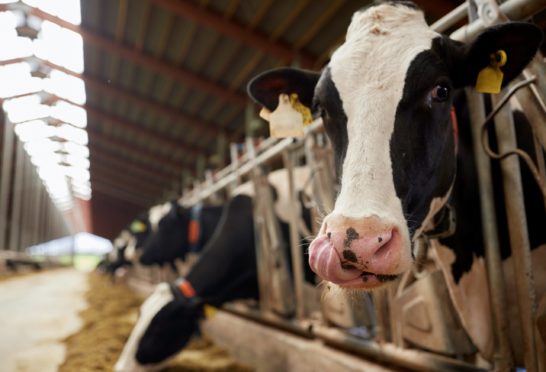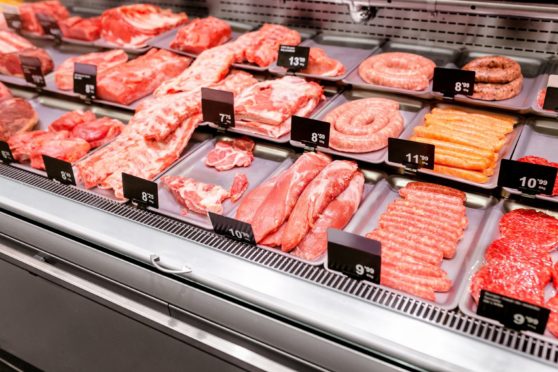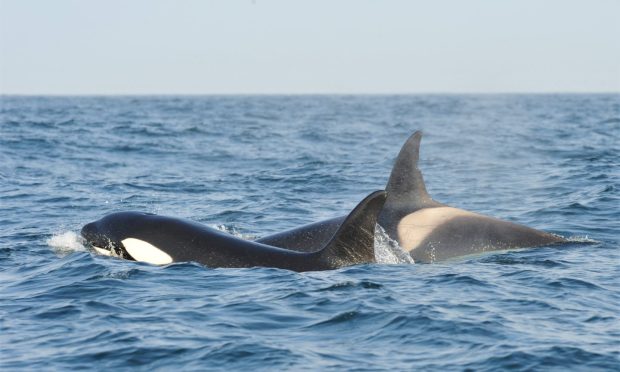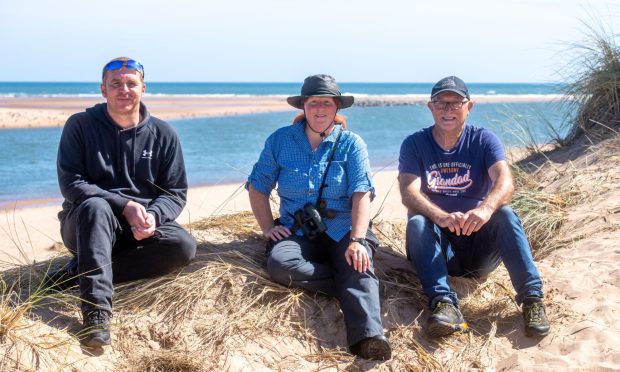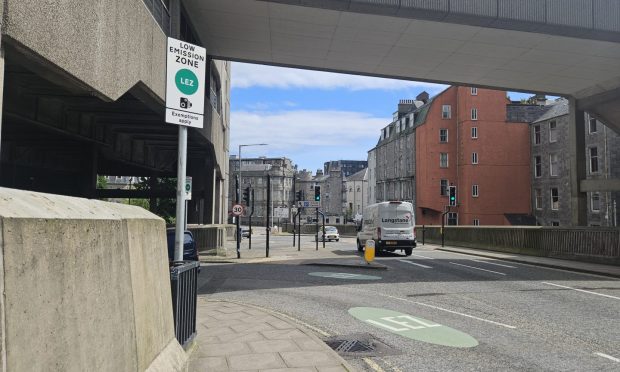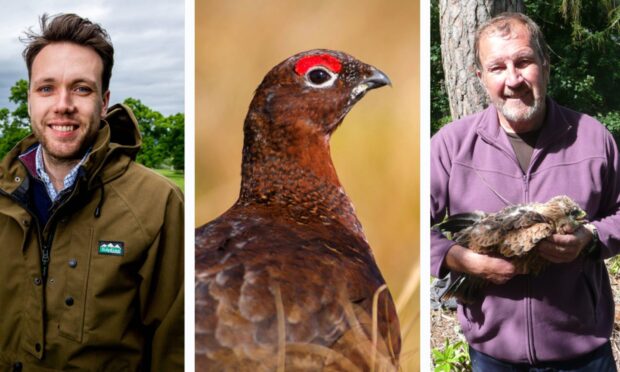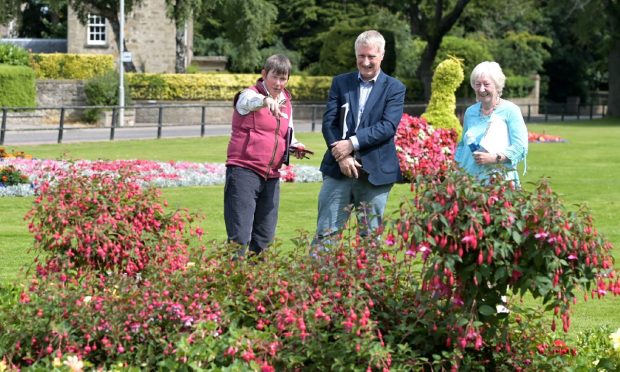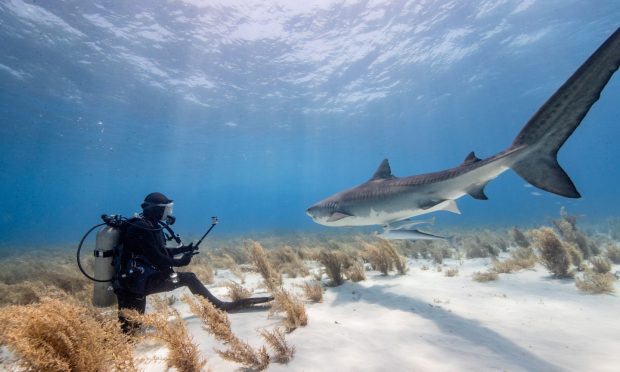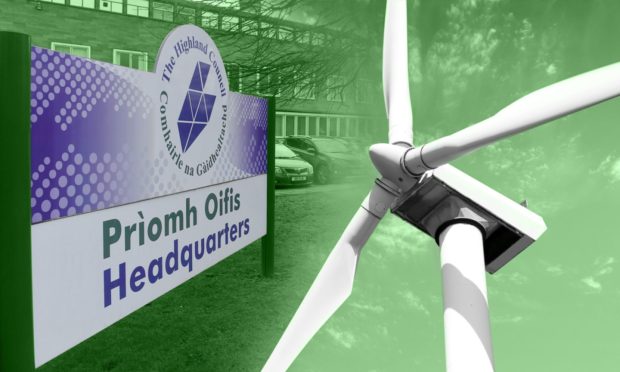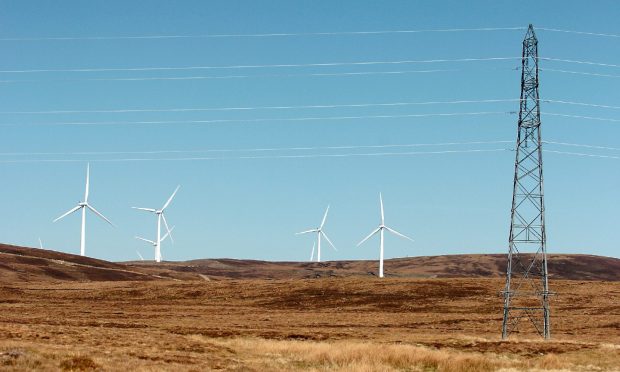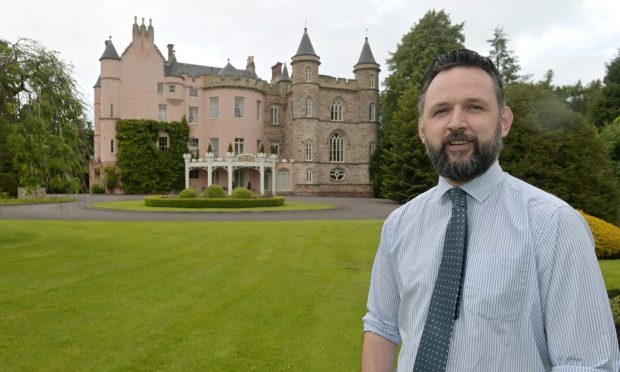A third of UK adults believe farming and the production of dairy products significantly contributes to climate change, according to a new survey.
The research, commissioned by Glasgow-headquartered dairy farmers’ co-operative First Milk, involved a survey of 2,161 adults across the UK on March 22-23.
It found 76% of UK adults are concerned about climate change, and 29% take the overall impact on the environment into consideration when buying food.
The survey also found 46% of UK adults believe the rearing of animals for meat consumption significantly contributes to climate change, 78% said they would prefer to buy milk and dairy products which are guaranteed to have come from cows that have access to pasture and the outdoors, and 63% were concerned about the welfare of dairy cows in the UK.
First Milk’s sustainability director, Mark Brooking, said the survey highlighted the level of interest UK consumers have in climate change, animal welfare and dairy production systems.
“We know that the UK farming sector takes its responsibilities seriously and has a good track record in terms of animal welfare, with a growing focus on environmental responsibility, especially around climate change,” added Mr Brooking.
“But we all share the responsibility for communicating to consumers about the great work going on across the farming sector and highlighting the importance of the many initiatives that underline the positive benefits of UK farming and food.”
He said the survey findings would strengthen First Milk’s commitment to its First4Milk programme, which guarantees cows have access to grazing and commits the dairy to reaching net-zero by 2040 at the latest.
“Making these commitments helps us safeguard the future for our dairy farmer owners, ensuring that consumers can continue to enjoy the great taste, nutrition and health benefits available from a balanced diet including dairy consumption, with none of the associated climate or animal welfare guilt,” added Mr Brooking.
The co-op has teamed up with global food giant Nestle, Dundee-based decarbonisation company Agricarbon, and soil ecologist, Dr Helaina Black from the James Hutton Institute, for the project.
Agricarbon’s state-of-the-art machinery will be used to carry out intensive soil carbon analysis, which will enable First Milk dairy farmers to quantify the amount of carbon they sequester in their soil over time.
